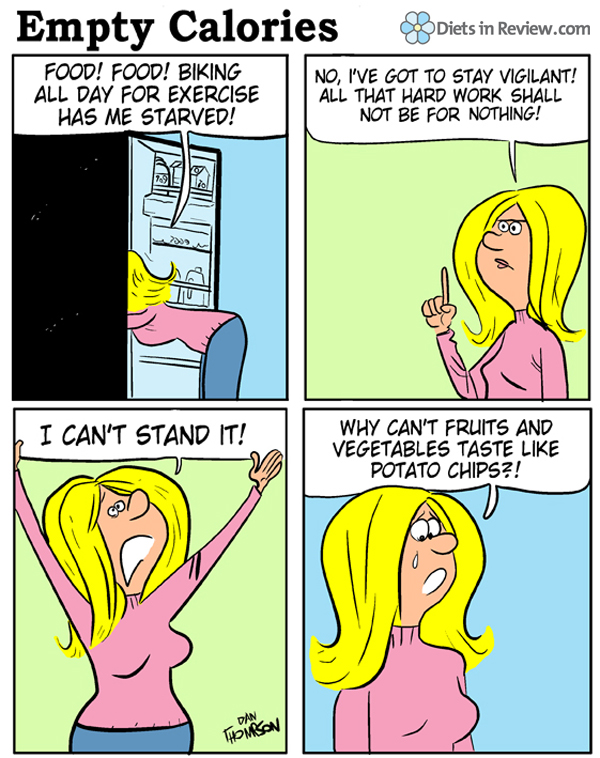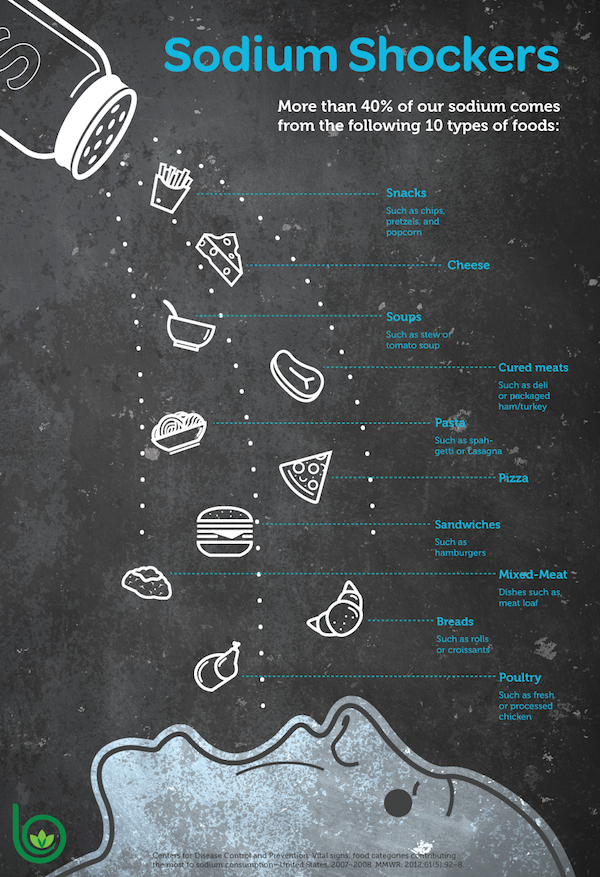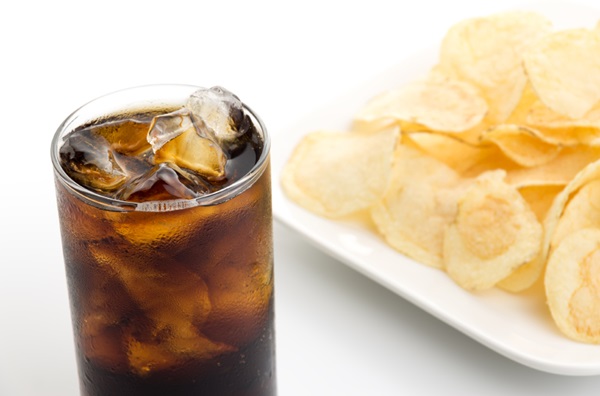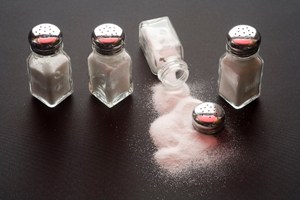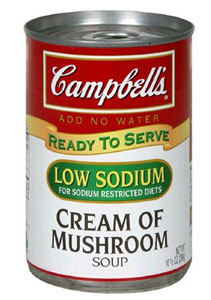Most of us already know that too much salt isn’t a good thing. Yet what’s surprising is that despite decades of warnings to reduce sodium intake, Americans continue to over-consume the flavorful staple in most households. A new Harvard study shows that our salt intake really hasn’t changed over the past 50 years, and it seems like that intake is hardwired and not easy to change no matter how many PSAs or dietitian visits we have.
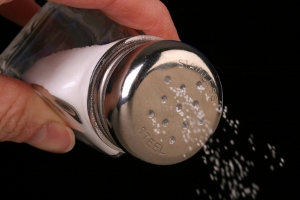 As more processed foods hit our shelves and as obesity rates continue to soar, it almost seems as though sodium levels would have continued to increase, not necessarily stay the same. Yet, after multiple studies were reviewed, all occuring between 1957 and 2003, it appears that 3700 milligrams of sodium was consistently consumed over the years. Of course, other measures of our sodium intake don’t necessarily reflect the same pattern. In fact, the NHANES, or National Health and Nutrition Examination Survey, does indeed show an increase in salt consumption. The biggest difference between these survey results and that observed in the Harvard study is that the NHANES relies on food records where as the Harvard study took a look at urinary sodium output which is supposedly more accurate.
As more processed foods hit our shelves and as obesity rates continue to soar, it almost seems as though sodium levels would have continued to increase, not necessarily stay the same. Yet, after multiple studies were reviewed, all occuring between 1957 and 2003, it appears that 3700 milligrams of sodium was consistently consumed over the years. Of course, other measures of our sodium intake don’t necessarily reflect the same pattern. In fact, the NHANES, or National Health and Nutrition Examination Survey, does indeed show an increase in salt consumption. The biggest difference between these survey results and that observed in the Harvard study is that the NHANES relies on food records where as the Harvard study took a look at urinary sodium output which is supposedly more accurate.
Current guidelines for sodium intake are 2300 milligrams a day for healthy adults and 1500 milligrams a day for those at risk of high blood pressure. That’s quite a difference. And although this message has been touted for over twenty years, it appears that few are following it or that these recommendations are too stringent for the majority of Americans.
Elevated sodium intake isn’t just occurring in American populations though. In fact, the average sodium intake appears to be similar on an international level. This means that there may be more to this whole sodium intake thing than we think. It also begs the question- are our recommendations wrong?
(more…)



